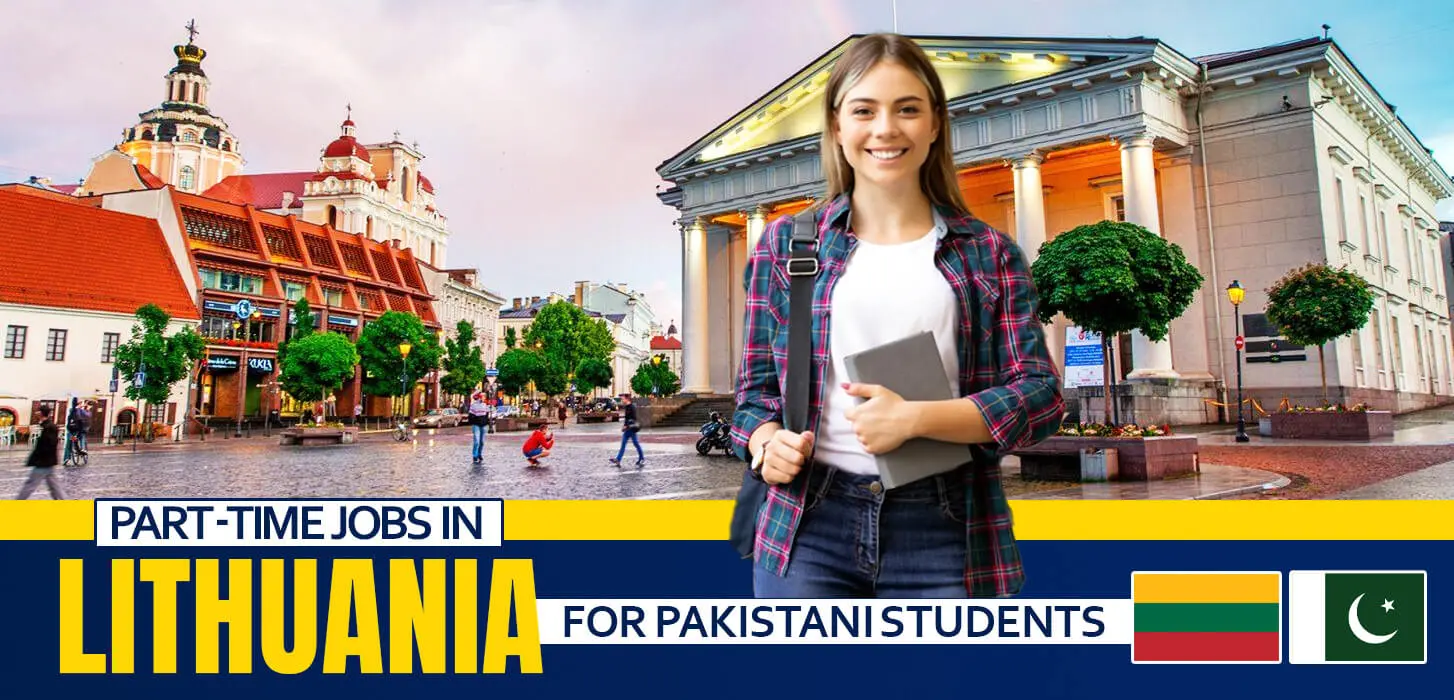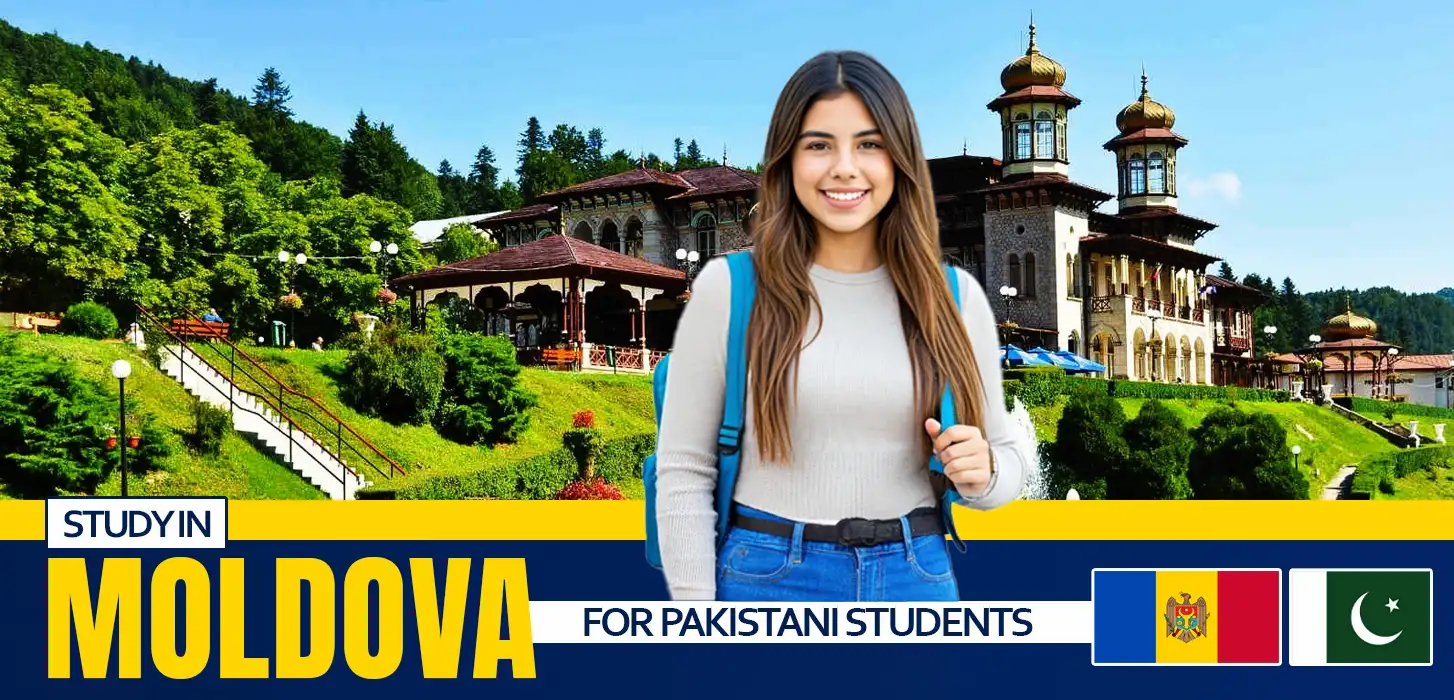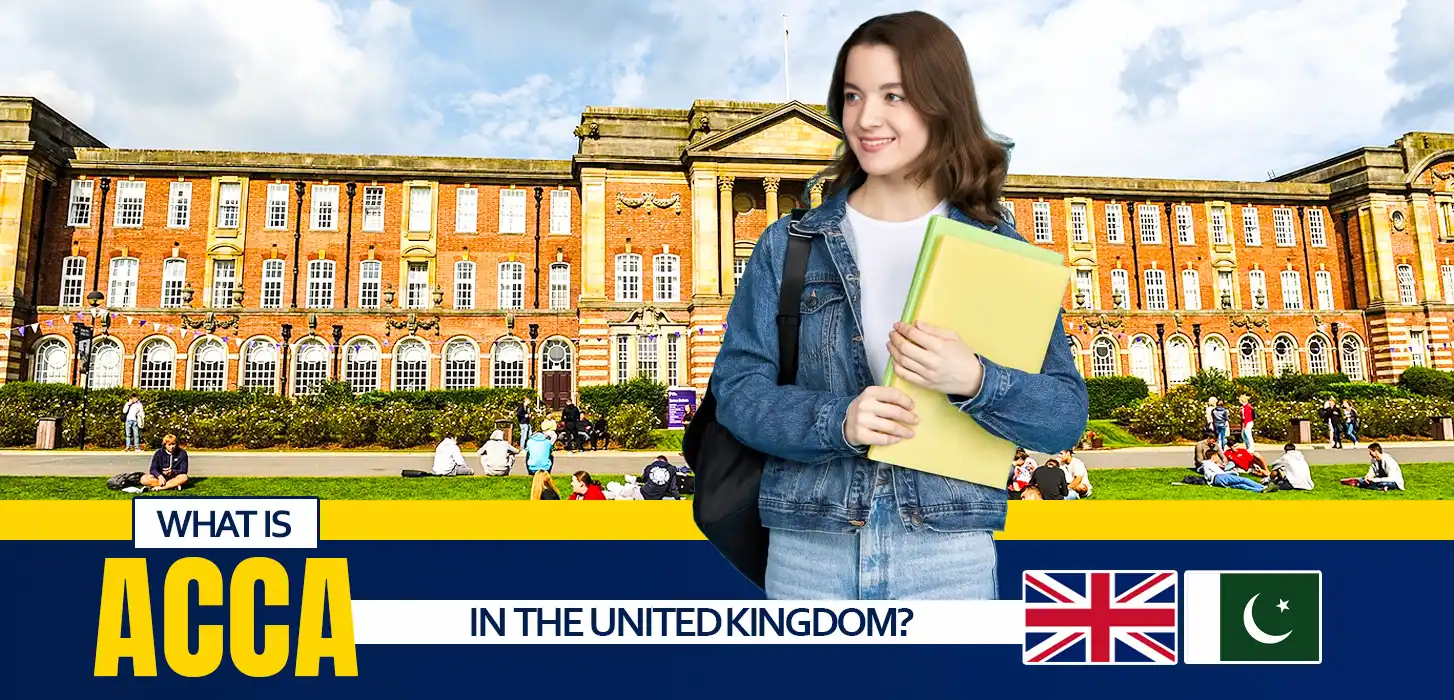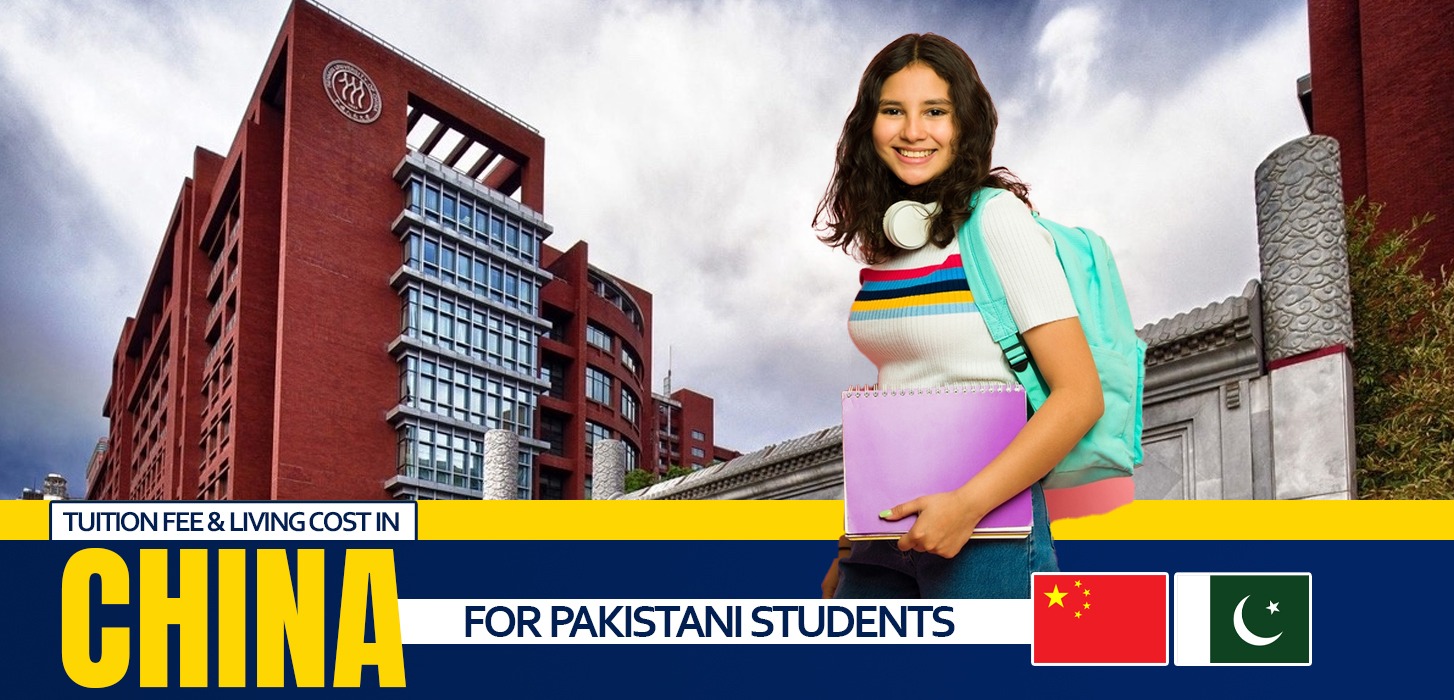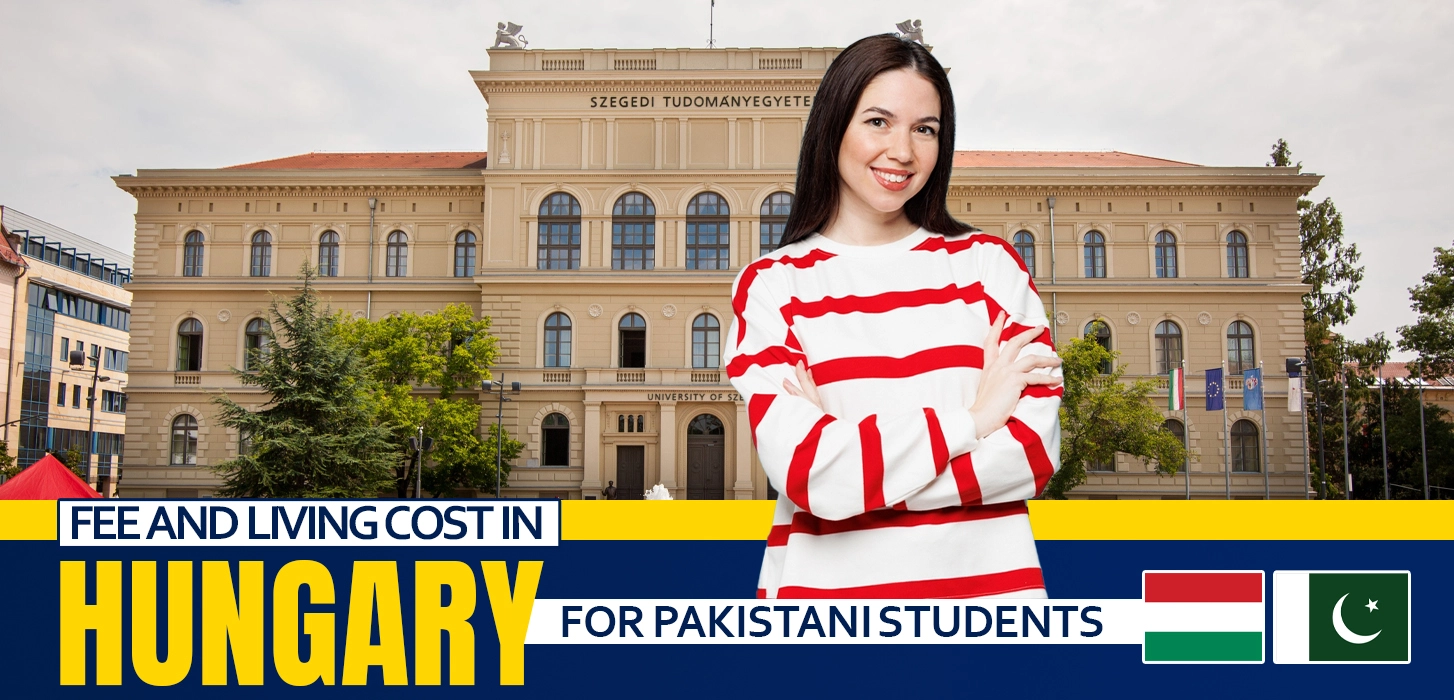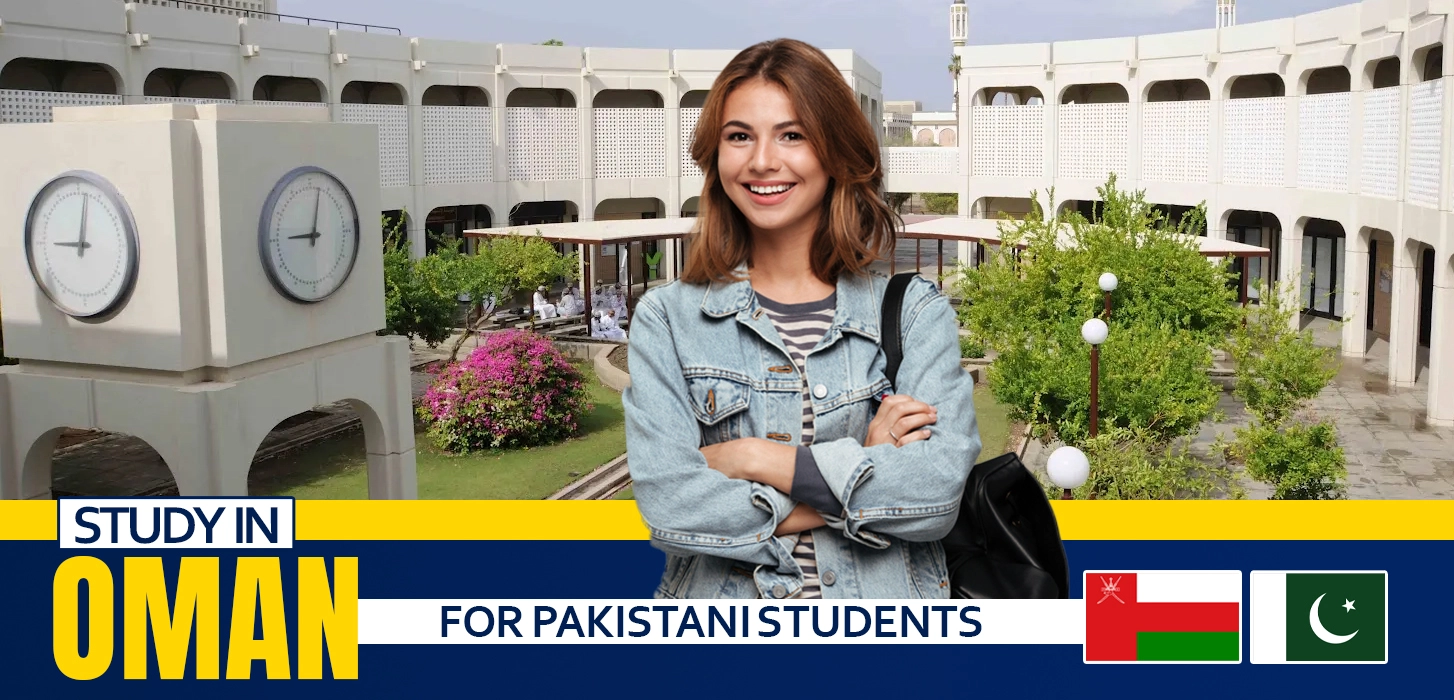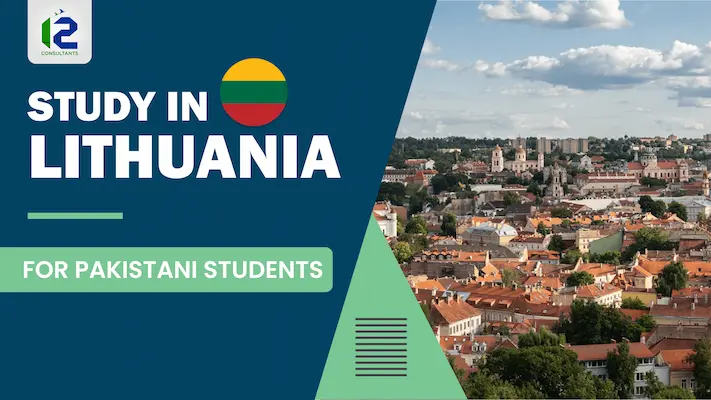
Study in Lithuania - Fees & Visa for Pakistani Students 2024-2025
When considering studying abroad, one of the most crucial factors that students and their families must take into account is tuition fees. Tuition fees can vary significantly from one country to another and from one university to another. For international students planning to study in Lithuania, understanding the tuition fee structure is essential. In this comprehensive guide, we will delve into the tuition fees for international students in Lithuanian universities, explore the factors that influence these fees, and provide insights into how students can manage their educational expenses effectively.
| Best Cities to Study in Lithuania | Vilnius, Kaunas, Klaipėda, Šiauliai, and more |
| Currency | Euro (EUR) |
| Schengen Country | Yes |
| Average Tuition Fees in Lithuania | Eur2,000 – Eur5,000 / Semester |
| Study in English | Yes |
| Work Allowed During Studies | Up to 20 hours/week |
| Degree Acceptance | Recognized across Europe |
| Average Accommodation Costs | 150-300 EUR/month |
| Living Costs in Lithuania | 300-500 EUR/month |
| Application Process Time | 2-4 weeks |
| Intakes for Admissions | Mainly in September; some in February |
| Admission without IELTS | Possible, depending on the university |
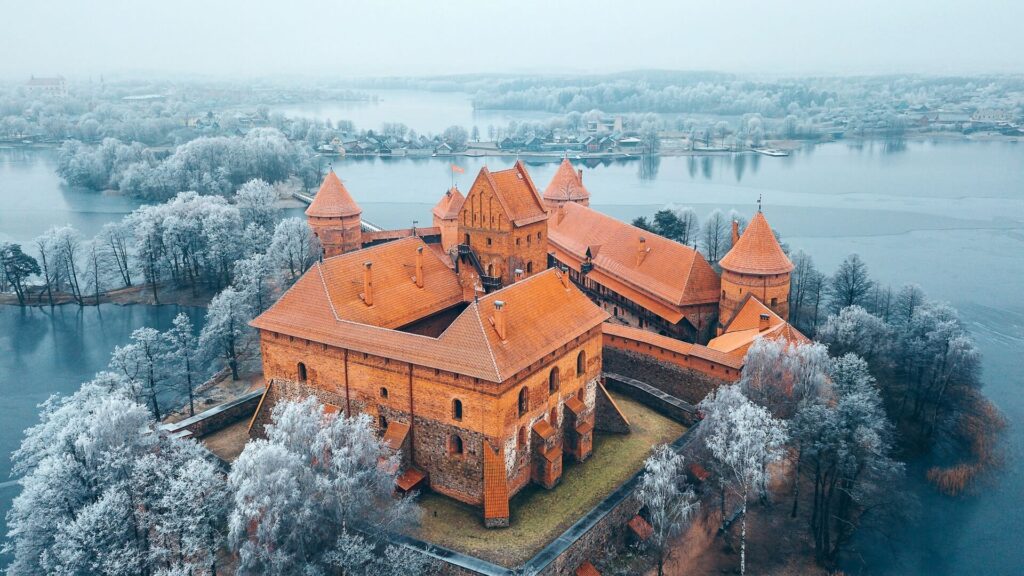
| University | Average Tuition Fees |
| Vilnius University | 2,000 – 4,000 EUR/year |
| Kaunas University of Technology | 3,000 – 4,000 EUR/year |
| Vytautas Magnus University | 2,500 – 4,500 EUR/year |
| Klaipėda University | 3,000 – 5,000 EUR/year |
| Mykolas Romeris University | 1,500 – 4,000 EUR/year |
Lithuania has specific admission criteria for Pakistani students who wish to study in the country:
Bachelor’s Programs: To be admitted to a bachelor’s degree program in Lithuania, Pakistani students must have completed their high school education and obtained a relevant diploma or certificate. The specific requirements may vary depending on the university and program, so it’s essential to check with the chosen institution.
Master’s Programs: For master’s degree programs, Pakistani students must hold a bachelor’s degree or an equivalent qualification in a related field. Universities may also require specific academic prerequisites or work experience, depending on the program.
Language Proficiency: While many programs are offered in English, universities may require proof of English language proficiency through tests like
IELTS or TOEFL. However, some institutions may waive this requirement for students with a strong academic background or who have previously studied in English.
Application Process: The application process typically involves submitting an online application form, academic transcripts, a CV or resume, a statement of purpose, and letters of recommendation. Each university may have additional requirements, so it’s crucial to review the application guidelines provided by the institution.
Visa Requirements: Once admitted, students will need to apply for a Lithuanian student visa. Requirements may include proof of admission, financial means, health insurance, and a clean criminal record.
Meeting these criteria will enable Pakistani students to pursue their higher education goals in Lithuania effectively.
Lithuania has emerged as a prestigious destination for Pakistani students aspiring to pursue MBBS. With its world-class medical education infrastructure, experienced faculty, state-of-the-art laboratories, and international collaborations, Lithuania’s MBBS programs are gaining popularity among Pakistani students. Here’s why in Lithuania is a top choice for Pakistani students in 2024-2025:
| Intake for MBBS In Lithuania | Mainly in September |
| Eligibility Criteria for MBBS | 12th grade with a science background |
| IELTS Requirement | Typically required |
| Tuition Fees for MBBS | 4000-7000 EUR/semester |
| Best Medical Universities | Vilnius University, Lithuanian University of Health Sciences, Kaunas University of Medicine |
| Name of the University | Tuition Fees /Year | Hostel Fees /month |
| Vilnius University | 4,000 – 8,000 EUR /Semester | 105 EUR |
| Lithuanian University of Health Sciences | 3,000 – 7,000 EUR /Semester | 110 EUR |
| Kaunas University of Medicine | 3,500 – 6,000 EUR /Semester | 105 EUR |

The admission and visa process for studying in Lithuania involves the following steps:
STEP 1: Application process & required documents:
- Copy of International Passport.
- Copies of High School Certificates (Matriculation & Intermediate).
- Bachelor’s degree certificate (if applying for a master’s program).
- Language Proficiency Test (IELTS or equivalent).
- Other documents as required by the chosen university.
STEP 2: How to get a Lithuania Study Visa From Pakistan?
The Embassy of Hungary in Pakistan is responsible for processing all study visa applications for Lithuania as there is no Embassy/consulate is present in Pakistan for Lithuania.
Contact the Hungary Embassy for visa requirements.
Prepare and submit the necessary documents, including your admission letter.
Visa processing time is typically around 15-20 working days.
The admission process in Lithuania is relatively straightforward, with most universities offering online application platforms. It’s essential for students to pay attention to specific requirements and deadlines set by their chosen institutions. Once admitted, students can begin the visa application process, which involves providing proof of admission, financial means, and health insurance. It’s advisable to start the visa application process well in advance to ensure a smooth transition to Lithuania.
| Long-term Study Visa (D-type) | 90+ days duration | 15 971 PKR |
| Schengen Visa | 90 days duration | 15 971 PKR |
Visa Process Time: The Visa approval or refusal decision is made within 15 working days from the payment date of the visa application fee.
In case of Visa refusal, the Appeal can submit in next 14 days.
PR or Citizenship in Lithuania?
Lithuania offers opportunities for permanent residency (PR) and citizenship, subject to certain criteria such as residency duration, marriage to a Lithuanian citizen, or asylum status. Obtaining permanent residency or citizenship allows individuals to establish deeper roots in Lithuania and access additional benefits.
PR Eligibility Criteria:
Residency: Applicants may be eligible for PR after residing in Lithuania for a specified period, typically five years. During this time, individuals must maintain legal residence status.
Marriage: Marriage to a Lithuanian citizen can be a pathway to PR and, eventually, citizenship. However, individuals must demonstrate a genuine and lasting relationship.
Asylum: Those granted asylum status in Lithuania may also be eligible for PR after a designated period.
Other Criteria: Additional pathways to PR may include being the child of a Lithuanian national, having obtained asylum, or being a victim of human trafficking who cooperates with law enforcement agencies.
Citizenship Eligibility Criteria:
Marriage: Marriage to a Lithuanian citizen for at least three years can lead to eligibility for Lithuanian citizenship.
Parentage: Individuals with Lithuanian parents may be eligible for citizenship.
Asylum: Those who have been granted asylum in Lithuania may become eligible for citizenship after a specified period.
Residency: Individuals who have lived in Lithuania for at least ten years may be eligible for citizenship.
Special Circumstances: In certain exceptional circumstances, individuals may be eligible for citizenship.
It’s important to consult with Lithuanian authorities or legal experts for the most up-to-date information on PR and citizenship eligibility and application processes.
Lithuania provides part-time work opportunities for international students, allowing them to work up to 20 hours per week on or off-campus. The minimum wage is competitive, making it financially viable for students to cover some of their living expenses and gain valuable work experience during their studies.
Key Points About Working in Lithuania:
Part-Time Work: International students can work up to 20 hours per week during the academic year and full-time during university holidays.
Minimum Wage: Lithuania’s minimum wage is competitive compared to many European countries, providing students with a decent income while studying.
Job Opportunities: The country’s growing economy and business-friendly environment offer various job opportunities in sectors like retail, hospitality, and information technology.
Work Experience: Working part-time can enhance students’ resumes, providing them with practical skills and experience that can benefit their future careers.
Language Skills: While many jobs may require knowledge of the Lithuanian language, there are also opportunities in English-speaking environments, especially in larger cities and international companies.
International students should ensure that they comply with Lithuania’s labor laws and student visa regulations while working in the country.
| Expense Category | Cost Range (EUR) |
| Accommodation/Hostel | 150-300 (Hostel) 350-500 (Apartment) |
| Food | 150-200 EUR/month |
| Transportation | 50-75 EUR/month |
| Entertainment | 50-100 EUR |
| Internet | 15-30 EUR/month |
| Health Insurance | 24 EUR/month |
No, studying in Lithuania is not free for international students. However, tuition fees are affordable compared to many other countries.
IELTS or similar language proficiency tests may be required for some programs, but exemptions are possible depending on the university and the student’s academic background.
Yes, international students in Lithuania are allowed to work part-time, providing opportunities to cover living expenses and gain work experience.
Yes, Lithuania is considered an affordable study destination for international students due to its reasonable tuition fees and cost-effective living expenses.
Yes, many programs in Lithuania are offered in English, making it accessible to international students.
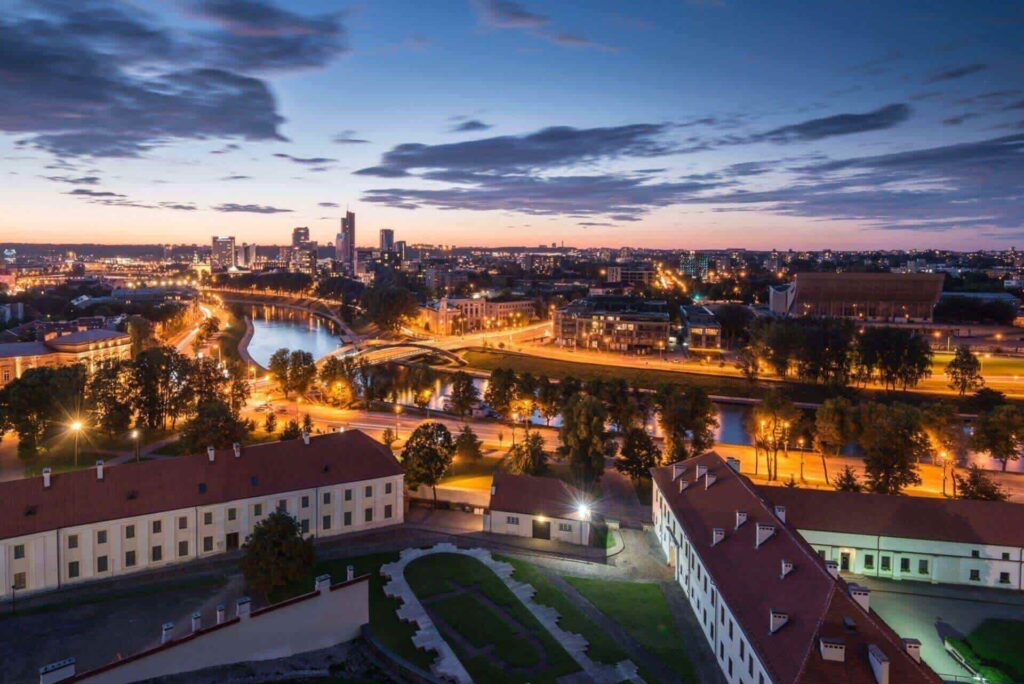
Latest Post
Lithuania has become an attractive destination for Pakistani students seeking...
Many Pakistani students dream of studying abroad but are often...
According to the Ministry of Education and Research report, In...
Pursuing higher education in New Zealand is a top destination...
The UK has always been a student-preferred destination for gaining...
Understanding the tuition fee & living cost in China is...
Hungary is an increasingly popular choice for Pakistani students pursuing...
Studying in Oman is an excellent opportunity for Pakistani students...

